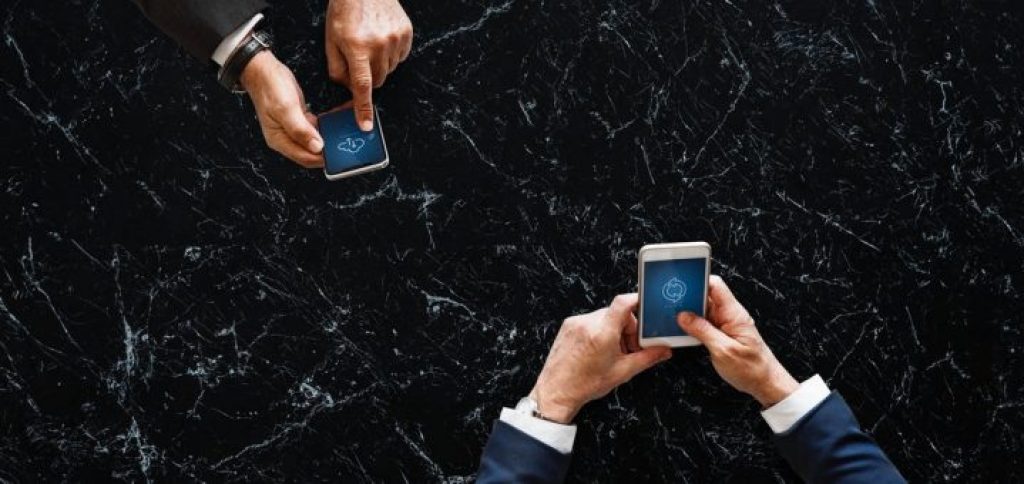Digitalization: opportunities for marketing in the beverage industry

Digitalization is the revolution of our century. The changes that come with it have significant implications for the beverage industry as well. Whether Industry 4.0 in manufacturing or the Internet’s tremendous effect on consumer behavior, it’s a major challenge to exploit the possibilities of digitalization successfully. The opportunities are endless, but despite the availability of increasingly sophisticated tools, especially for marketing, the practical implementation of digitalization has lagged.
Digitalization represents an essential basis for growth and success in the tough competitive environment of the beverage industry. But the concept is definitely not just for IT departments. The digital environment offers enormous potential for marketing in particular – for instance, when communicating with target groups.
Customized target group communication through big data
Today, both business customers and consumers expect a personalized approach that addresses them individually. The tools and applications needed for this already exist, so the crucial questions are: Who is the target group? Which channels will help my products and messages reach that group best? The gold of the future for helping businesses understand their customers better is big data. By systematically gathering and analyzing data, the beverage industry can gain specific information about the preferences and habits of (potential) customers. And with the help of massive data pools, programmatic advertising has long enabled automated advertising for specific target audiences – regardless of time and place.
Digital shopping: 24/7
The Internet never closes. Over the years, users have developed an around-the-clock mentality with matching expectations, and it must be satisfied. Companies need to provide unrestricted access through social media and other platforms. From digital communication before purchasing to the actual online sale: Digitalization offers the beverage industry countless possibilities for making targeted use of Internet channels.
The consistent improvement and expansion of digital channels reflect both the interests and the requirements of consumers. For instance, the successful photo platform Instagram is constantly introducing new functions. A purchase option directly from the app was launched in the U.S. in 2017 and in Germany in spring 2018.
Online interaction via social media is more than a trend, given the power of influencers and testimonials. Influencer marketing in particular has matured and is being implemented by prominent industrial businesses. Successful examples can be found in the beverage industry as well. Although influencer marketing was initially primarily aimed at the consumer segment, it’s now increasingly used to address the enterprise customer segment. Major business networks such as LinkedIn and Xing have long made use of influencers.
Future tools: Chatbots and messaging
What are some other opportunities made possible by digital communication? The overall trend is toward automated solutions in communication. Chatbots are appearing in ever more sophisticated, customer-friendly versions that can be used for standardized support, service inquiries or feedback applications. Yet currently they can still only deal with repetitive issues or standard inquiries; they are not capable of real communication. The actual strength of chatbots lies in their speed and unlimited 24/7 availability, which allows employees to focus on more complex matters.
Greater customization is on its way: Messaging services are also seeing strong growth rates in marketing. The most frequently used services worldwide are WhatsApp and Facebook’s own Messenger with more than a billion users each, followed closely by the Chinese WeChat. Direct advertising is waning, but direct contact with customer service can be implemented with excellent results – including the use of chatbots, if desired. Marketing is still at the starting block in this area, but there is certainly potential for more. Because Messenger is inherently dialog-oriented, it’s relatively easy for companies to create a personalized approach to the target group.
Digitalization in the beverage industry
Digitalization can support progress in filling technology as well as marketing. In production, the goal is always to maintain the highest availability. Idle equipment costs money; the minimization of downtime and defects is therefore a top priority. This is where digitalization comes in: Production operations that integrate all possible components enable precise analyses, the highest efficiency, and the identification of improvement potential. Machines, IT systems, employees, suppliers and customers work together on one platform that captures, records and analyses all operating and processing data. The consistent integration of the entire value chain can significantly optimize processes.
Digital concepts address the trend toward personalization
The beverage industry is already taking a direct approach to customers, especially with the marketing potential of personalized beverage and packaging choices. Digital concepts enable beverages to be individually tailored to customer preferences. The significance of packaging is also steadily growing: Digital printing makes it possible to create customized labels in small batches and on very short notice.
Today’s digitalization opportunities are an important answer to the tremendous competition in the beverage industry and will attract considerable attention at the next drinktec. It will be exciting to see what other opportunities will have emerged in the meantime and to what extent the beverage industry is taking advantage of the potential of digitalization.
